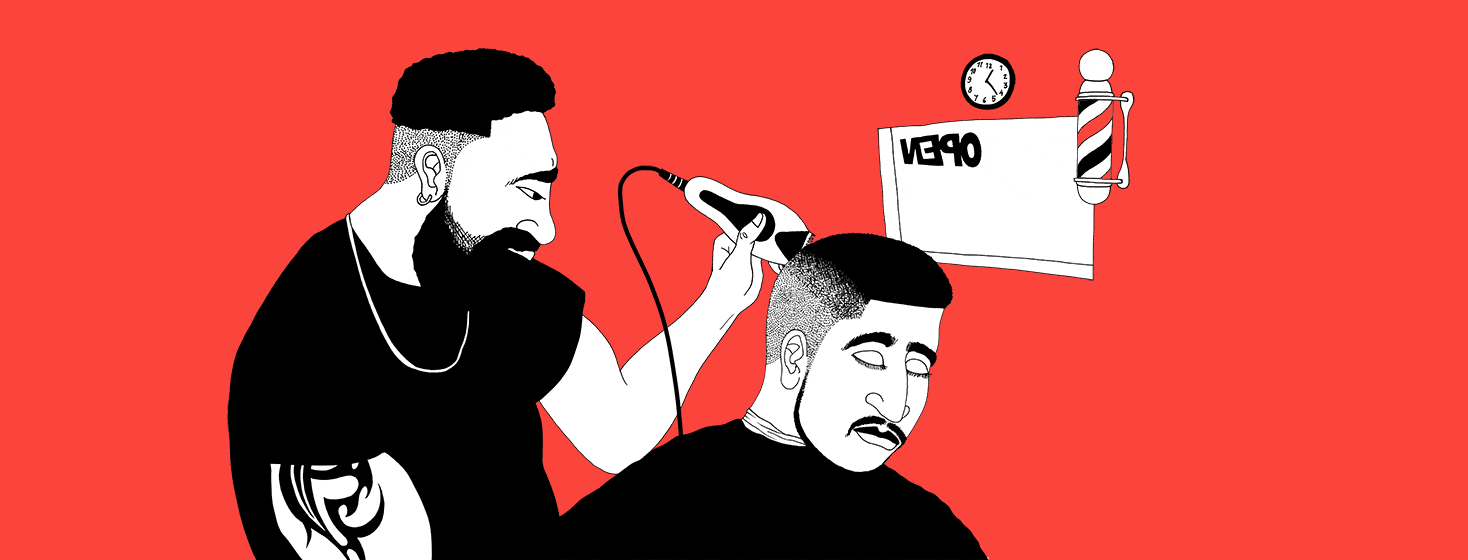When HIV Makes You Tired All the Time: Sleepiness Versus Fatigue
Perhaps 1 of the most pervasive symptoms of HIV centers on daytime energy levels. Sometimes it’s difficult to cobble together enough emotional or psychic energy to do the simplest tasks.
Other times, the body moves as if through quicksand. And then there are days when the desire to nap never relents.
When people talk about feeling tired all the time, they may be describing 1 of 2 things:
- Fatigue
- Excessive daytime sleepiness (EDS)
Both can exhaust and disable those with HIV, yet they’re caused by different things.
What’s the difference between fatigue and EDS? How can you find relief from either or both?
Understanding excessive daytime sleepiness (EDS)
EDS stands for excessive daytime sleepiness. It’s also called, more clinically, hypersomnia or hypersomnolence.1
EDS describes difficulties with staying awake and alert during the day. It leads to a compelling desire to nap. If you’re doing sedentary activities like driving, sitting at work, getting a haircut, or watching a movie, you may struggle to stay awake.
Everyone can experience EDS if they’ve lost sleep occasionally. However, it becomes a problem when it happens almost daily for more than 3 months.2,3
About 20 percent of the general population experiences EDS, mostly due to poor sleep habits, sleep disorder symptoms, or obstacles such as night sweats.1
Understanding HIV-related fatigue
Fatigue, by itself, describes that sense of weariness, poor motivation, or low energy we all feel from time to time.
Fatigue remains a common response to physical overactivity or emotional stress caused by:4
- Depression
- Dysfunctional thyroid gland
- Drug side effects
- Illnesses, including HIV
- Persistent pain
- Poor iron levels
- Substance use
- Undiagnosed/untreated sleep disorders (insomnia, obstructive sleep apnea or OSA, narcolepsy)
It’s harder to suss out just how many people in the US deal with common fatigue. This is due, in part, to erroneously equating fatigue with sleepiness.
People with fatigue don’t face a constant drive to sleep; their needs are linked to exhaustion due to low physical and emotional energy.
However, within the framework of workplace fatigue, one pre-COVID survey in 2020 showed that 40 percent of workers experience fatigue that puts them at risk while on the job. That means they deal with:5
- Distractibility
- Low self-awareness during crises
- Memory impairment
- Poor judgment
- Reduced vigilance
- Shallow decision-making
- Shorter attention span
- Slow reaction time
While these statistics focus on workers, it’s no leap to imagine these same fatigue-related problems affecting people beyond job status. Also worth noting: About a million Americans live with a formal diagnosis of chronic fatigue syndrome (CFS), which is not the same as common fatigue.6
Are you tired all the time?
Regardless of the cause, feeling tired all the time is a symptom worth relaying to your HIV specialist. They can help you pinpoint whether it’s EDS or fatigue — or maybe both — through screenings and tests.
When people with HIV have EDS
EDS can be a potential sleep disorder in people living with HIV. Some may find it less alarming and disabling than insomnia, while others find that their need to sleep has a major negative impact on daily life.7
As a symptom of HIV, EDS usually happens in advanced cases and contributes to disability and excess illness.7
If your case of HIV isn’t advanced, you might still have EDS due to an undiagnosed or untreated sleep disorder such as insomnia, movement disorders of sleep, or OSA.8
You might also have EDS based on poor sleep hygiene, which prevents you from getting an adequate amount of undisturbed sleep every night.9
What can you do about EDS?
As always, mention your daytime sleepiness to your doctor. They can screen you for sleep disorders. You might need to have a sleep study. Results can help your doctor find the right treatment, depending upon the cause of your hypersomnia.
One thing you can do for yourself — practice good sleep hygiene. Sleep hygiene describes the actions you take to ensure a full night’s sleep, such as:9
- Going to bed at a consistent time
- Turning off devices an hour before bedtime
- Relaxation rituals at bedtime
- Avoiding alcoholic “nightcap” beverages prior to sleep
- Skipping afternoon caffeine drinks or foods
When people with HIV experience fatigue
Fatigue is common in those with HIV, though it’s not always related to HIV or its treatment. Other causes include:10
- Comorbid health conditions (such as arthritis)
- Depression or anxiety
- Low hormone levels
- Poor diet
- Pregnancy
- Sleep disorders
What to do about fatigue
Much like EDS, mention any low energy, poor motivation, or feelings of lethargy to your doctor.
While they’ll look into HIV-linked causes, they’ll likely also screen you for sleep disorders or look for other causes linked to lifestyle (diet, exercise, substance use), mental health, other undiagnosed health problems, and even pregnancy.10

Join the conversation